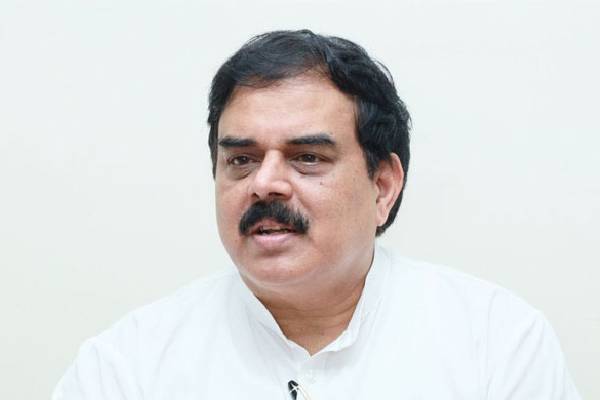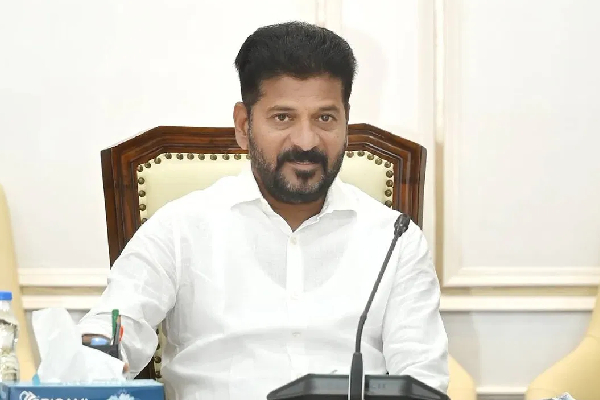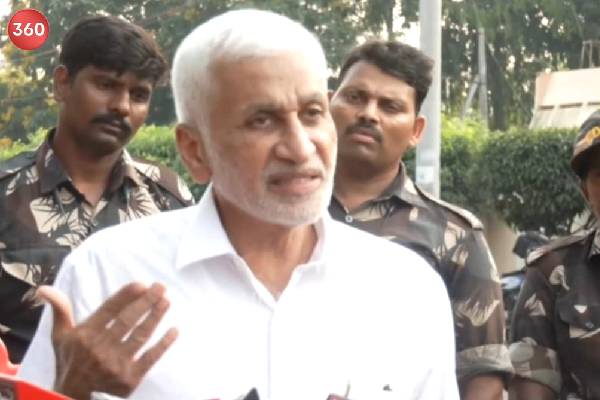In Andhra Pradesh, there are a total of 1.94 crore ration cards, benefiting approximately 4.26 crore people. This data, presented by the Civil Supplies Minister in the Assembly, reveals a stark reality: out of the state’s 6 crore population, around 4 crore people are living below the poverty line. This raises questions about the accuracy of income data and the effectiveness of welfare schemes.
The government lacks detailed income data, including how much individuals earn and how many pay income tax. This gap in information makes it difficult to assess the true economic condition of the state’s population. Without accurate data, it becomes challenging to design targeted policies to uplift the poor.
Tax evasion remains a significant issue. Between 2018 and 2022, the central government lost ₹1.93 lakh crore, ₹2.17 lakh crore, ₹3.19 lakh crore, and ₹5.03 lakh crore respectively due to tax evasion. Shockingly, nearly 40% of income escapes the tax net, and this number continues to grow.
To combat tax evasion, the Income Tax Department is leveraging advanced technology, including Artificial Intelligence (AI). The new IT laws grant authorities unprecedented access to digital records, including social media accounts, emails, and cloud storage. This move aims to track high-value transactions, lavish weddings, foreign trips, and other expenditures that may indicate undisclosed income.
While the government claims these measures are necessary to curb tax evasion, critics argue that they infringe on personal privacy. The new IT laws allow tax officials to access digital data without warrants, raising concerns about misuse of power. Opposition parties and civil rights groups have voiced their dissent, calling the move a step towards a surveillance state.
Finance Minister Nirmala Sitharaman recently introduced the New Income Tax Bill 2025 in Parliament, aiming to replace the outdated 1961 Income Tax Act. The bill grants tax authorities extensive powers to access and scrutinize digital spaces, including emails, bank accounts, demat accounts, and social media platforms. This move has sparked widespread debate, with critics arguing that it undermines the fundamental right to privacy.


































